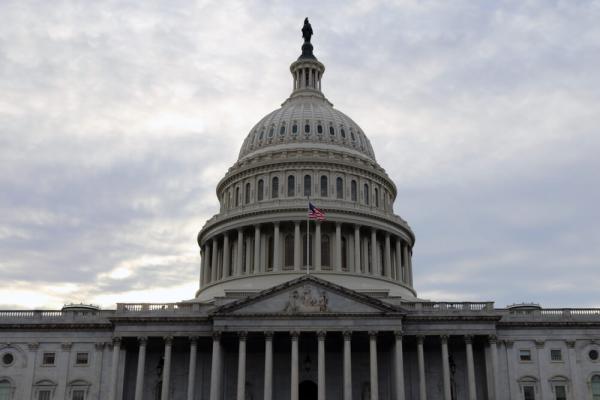Jun 21, 2019
To mark the anniversary of Juneteenth, when enslaved people in Texas finally learned about the Emancipation Proclamation in June of 1865, the House Judiciary Committee held a special hearing on reparations for slavery this week. When asked about the idea of addressing the generational inequalities created by centuries of governmentally sanctioned white supremacy, Senate Majority Leader Mitch McConnell (R-Ky.) responded that America fought a civil war, passed landmark civil rights legislation and elected its first Black President to address the “original sin” of slavery. As far as he is concerned, the sins of the past can be forgotten.
Read the Full Article

Already a subscriber? Login
